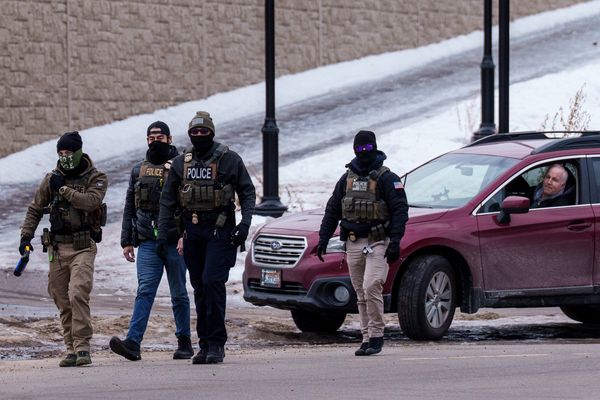
Peers have agreed to undertake more expert scrutiny of the assisted dying bill as the legislation passed its first stage in the House of Lords.
The house approved the bill at its second reading without a vote, meaning it will go through for further scrutiny later this autumn.
However, a special committee will be set up to examine how the bill will be funded, how it will affect existing services and how assisted dying will take place, after a motion by a critic of the bill, Luciana Berger.
Charlie Falconer, the sponsor of the bill in the Lords, said he would support the setting up of a special committee to take further evidence from experts.
But he warned peers against voting down the bill in its entirety at a later stage, saying that it was the job of the Lords to scrutinise legislation after elected MPs made a decision.
The legislation proposes allowing terminally ill adults in England and Wales, who have fewer than six months to live, to apply for an assisted death, subject to approval by two doctors and a panel featuring a social worker, senior legal figure and psychiatrist. Some of its critics are concerned it has not been determined how the process will work, where it will take place and how it will be funded.
Berger, a Labour peer, said: “The introduction of a select committee is a victory for those of us that want proper scrutiny of how these new laws would work, the massive changes they could make to the NHS and how we treat people at the end of their lives.
“It is essential that as we look at these new laws we get a chance to hear from those government ministers and professionals that would be in charge of creating and running any new assisted dying system.
“Without their input we simply do not know how it would work in practice and, importantly, how we can make sure we have the safeguards and protections necessary to protect the vulnerable.”
A committee of about a dozen peers is likely to be formed next month to hear more evidence from experts about how an assisted dying service would be funded, the potential impact on the health and justice systems and the role of coroners and various medical professionals in the process.
It will report to the Lords by 7 November, before the bill can progress to the next stage of the legislative process.
In their joint letter, Falconer and Berger said: “It would be of benefit to this house for further evidence to be available before the process of detailed scrutiny begins at the (whole house) committee stage of the bill.
“We believe it is possible to call that evidence without causing a significant risk that the bill would fail in this house through lack of time.”
During Friday’s debate, a former senior judge, Elizabeth Butler-Sloss, said it was a “badly flawed bill that needs radical improvement” and highlighted “43 delegated powers to be dealt with by the secretary of state but obviously more likely civil servants in the department of health”.
Some peers in favour of the bill also objected to language used in last week’s Lords debate, in which Theresa May described it as a “suicide” bill and said some called it a “licence to kill bill”.
Tessa Blackstone, a Labour peer, said she felt “affronted” by some of the language used, including references to “the ‘killing bill’ or the ‘assisted suicide bill’”.
The Labour peer Jan Royall said she had been “dismayed at the conflation made by some of suicide and assisted dying”, while her fellow Labour peer Glenys Thornton said: “People have written to me in the last week, very distressed, and they say, ‘we are not suicidal, we want to live, but we are dying, and we do not have the choice or ability to change that’.”
Peers will debate the bill more later this autumn. If it does become law, the government has four years in which to get an assisted dying service into place, meaning it could be 2029 before the first assisted death takes place.







